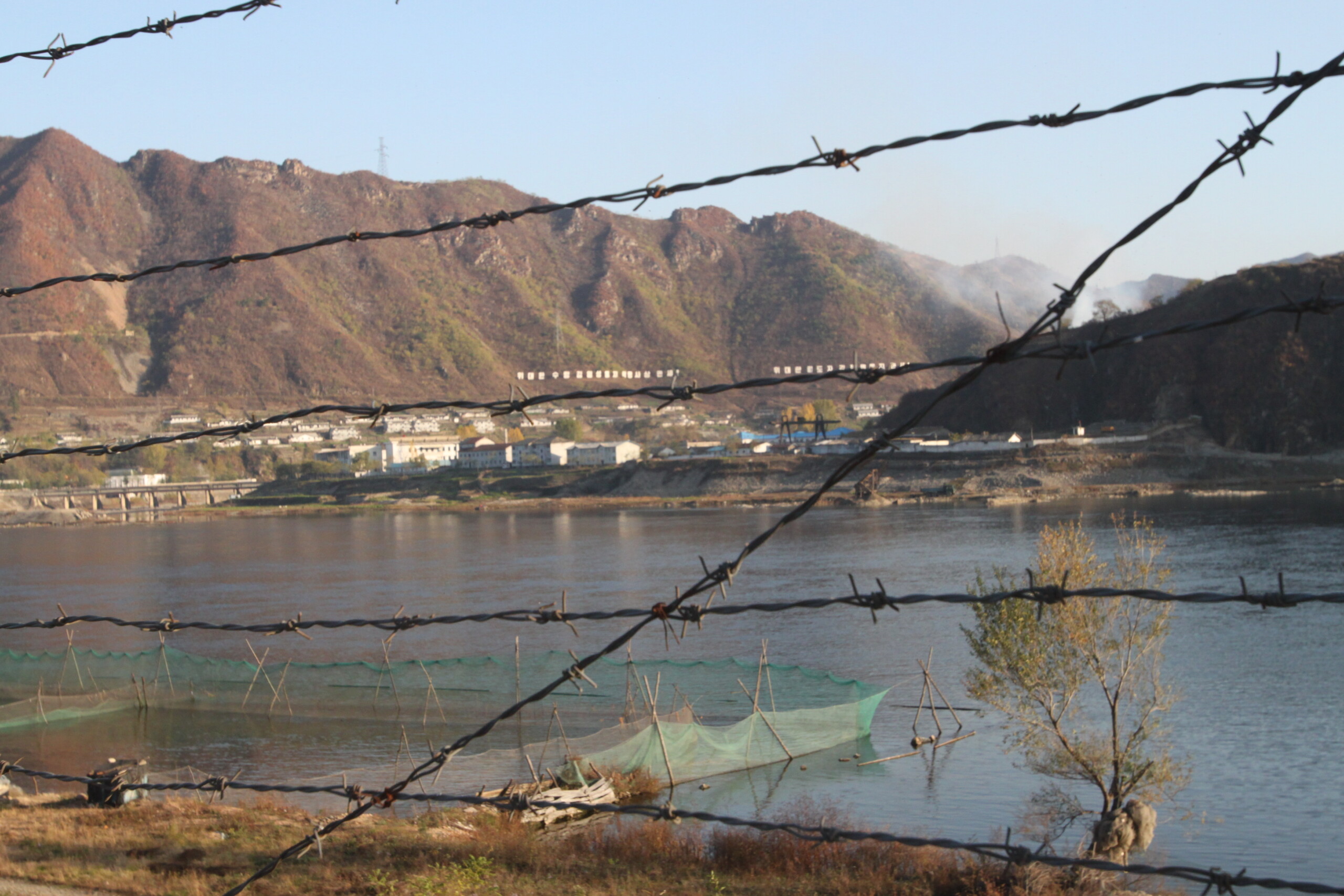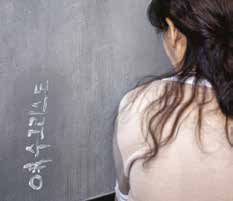
After surviving six years in a labour camp, widow Minji defected to neighbouring China – only to be detained once more. Yet it was in prison that she came to understand the transforming gospel of Jesus Christ.
When North Korean authorities caught Minji selling South Korean DVDs to earn extra money in 2008, her husband, Kun-woo, feared for his life.
As a high-ranking member of North Korea’s State Security Department (SSD), he knew his wife’s crime, which was punishable by death, could implicate him, too.
To delay his capture and potentially save his teenage children, Kun-woo fled to China. Meanwhile, Minji’s relatives, also SSD officials, took in the children and bribed those who oversaw her case to reduce her sentence. Instead of death, she received a prison sentence.
Kun-woo returned to North Korea following Minji’s release from prison – but he was not the same man she remembered. He could not stop talking about a book called the Bible and a being named God who hears our prayers. A family he met in China had told him about the good news of Jesus Christ, whom he now followed.
‘I thought he was crazy,’ Minji told our partner.
Kun-woo even started praying with people outside the family. In North Korea, neighbours are required to spy on each other, so Christians must pray in secret. And sharing the gospel is even more dangerous than prayer: a simple mention of Jesus Christ can lead to arrest. ‘I think he shared with at least 20 people,’ Minji said.
Eventually, someone reported his activities. One night, authorities came to the couple’s home and arrested them, and Kun-woo was immediately taken to one of the country’s concentration camps.
Christians in North Korea are routinely sent to concentration camps, where they are starved, overworked and tortured. It is estimated that about 30,000 Christians currently suffer in this way. Minji believes her husband died in the camp, though she has no details.
At the time of the arrests, Minji’s uncle, who held a chief position with the SSD, knew that she was also in danger of being sent to a concentration camp because of her husband’s Christian faith. So, for her own protection, he had her sent to a less-brutal labour camp where she was more likely to survive.
‘I had to walk for ten hours alone, passing at least five mountains.’
After more than six years in the camp, Minji was released. She decided to defect to neighbouring China. ‘Our family had no future in North Korea after the death of my husband and my own imprisonment,‘ she said.
She bribed a border guard to allow her and one of her children to cross the Yalu River into China. But after crossing over, her child decided to turn back. On her own, Minji continued walking to a friend who had a car waiting. ‘To get there, I had to walk for ten hours alone, passing at least five mountains,’ she said.
While in China she and a group of fellow defectors were arrested. Someone had reported them to the police as possible human traffickers. ‘Because we had no proof of citizenship or visa, we were taken to prison.’ This was to be her home for the next two years. ‘
The hardest part was not knowing whether I would be sent back to North Korea or if I would be able to defect to South Korea. It was very stressful,’ she recalls.
‘The first time I read the Bible, it felt odd – my husband was killed because of the Bible.’

While in prison, Minji was befriended by a North Korean woman, who on one occasion used her toothpaste to write ‘Jesus Christ’ on the prison wall. ‘It was my first time to see these words, and I asked her what it was. She began to share with me what Christianity is.’
The Chinese guards had allowed the woman to bring a Bible into prison with her, which she began reading with Minji. ‘The first time I read the Bible, it felt odd – my husband was killed because of the Bible.’
Encouraged by other Christian women in the prison, she decided to place her faith in Jesus. ‘I had received so much grace from them,’ she said. ‘I began to wonder about the God who was consistently intervening in my life.’
After her release from prison, Minji contacted family members in South Korea who arranged for her finally to travel to South Korea.
There she joined the Underground Technology Christian discipleship programme run by our associate ministry, Voice of the Martyrs Korea. Along with other North Korean defectors, she received an academic foundation as well as instruction in life skills, character development, relationship skills and spiritual formation.
‘I love the programme because the teachers teach me the Bible,’ she said. ‘Also, I have never seen any people like [these] students before. I want to follow in my husband’s footsteps. I have a heart to follow Jesus like my husband.’
Thanks to your support, Minji and other defectors are being helped to adapt to life in South Korea, and to grow in their Christian life and faith.
Names have been changed.
You can download and read more stories from our latest magazine here.
You can signup to receive your FREE copy of Release magazine here.